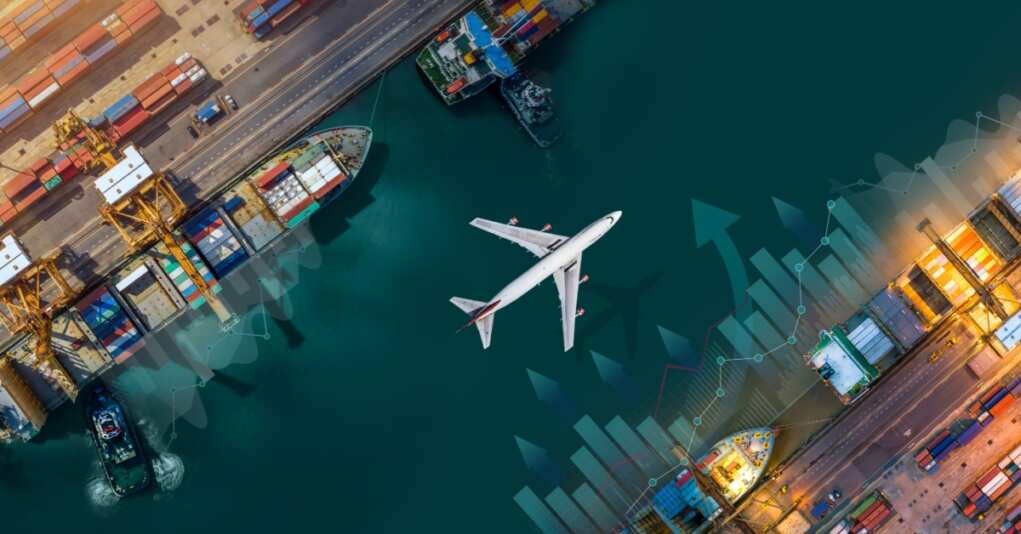New Trade Deal Promises Export Boom: Will American Goods Finally Get Their Day in the Sun?

In a move that has trade enthusiasts and skeptics alike raising their eyebrows, the United States has inked a new international trade agreement aimed at boosting American exports. Yes, you heard that right. After years of political grandstanding and economic hand-wringing, it seems our leaders have decided that selling more ‘Made in USA’ products abroad might actually be a good idea. Shocking, isn’t it?
Let’s delve into the details of this groundbreaking deal. The agreement, which has been in the works for several months, seeks to reduce tariffs and other trade barriers between the United States and a consortium of countries eager to get their hands on American goods. The goal? To make it easier for U.S. manufacturers to sell everything from automobiles to agricultural products to foreign markets, thereby stimulating domestic production and, theoretically, creating jobs.
According to the U.S. Chamber of Commerce, trade agreements like this one have historically opened markets for hundreds of billions of dollars of U.S. exports and foreign investment, lifting the standard of living for millions of American families through lower consumer prices and better jobs.
But before we start celebrating this newfound commitment to free trade, let’s take a moment to remember how we got here. Not so long ago, tariffs were all the rage in Washington. Both political parties seemed to agree that slapping taxes on foreign goods was the key to protecting American industries. Never mind that these tariffs often resulted in higher prices for consumers and retaliatory measures from our trading partners. Protectionism was in vogue, and anyone who dared to suggest otherwise was labeled unpatriotic.
Fast forward to today, and it appears that the winds of economic policy have shifted once again. The same leaders who once championed tariffs are now touting the benefits of free trade agreements. It’s almost as if they’ve realized that isolating the U.S. economy from the rest of the world might not be the best strategy for growth. Who could have predicted such a revelation?
Of course, not everyone is thrilled about this new trade deal. Critics argue that opening up markets could lead to increased competition for American businesses, potentially harming industries that aren’t prepared to compete on a global scale. Others worry about the impact on labor standards and environmental regulations, fearing that the pursuit of profit will come at the expense of ethical considerations.
But for now, the proponents of the agreement are basking in the glow of their achievement. They point to studies suggesting that increased trade can lead to economic growth, job creation, and even enhanced international relations. After all, it’s harder to go to war with a country that’s buying your products.
So, what does this mean for the average American? In theory, a boost in exports should lead to more jobs and higher wages, as U.S. companies ramp up production to meet foreign demand. Consumers might also benefit from a greater variety of goods and services, as trade tends to increase the availability of products in the market.
However, it’s important to approach these promises with a healthy dose of skepticism. Trade agreements are complex, and their benefits often take time to materialize. Moreover, the global economy is a fickle beast, subject to geopolitical tensions, market fluctuations, and the occasional pandemic. In other words, don’t expect your local factory to start hiring overnight just because a new trade deal has been signed.
In conclusion, while the signing of this international trade agreement marks a significant shift in U.S. economic policy, it’s worth remembering that we’ve been down this road before. Trade deals come and go, political sentiments shift, and the only constant is change itself. So, let’s hold off on the parade for now and see how this latest experiment in free trade plays out. After all, as history has shown, the devil is always in the details.
